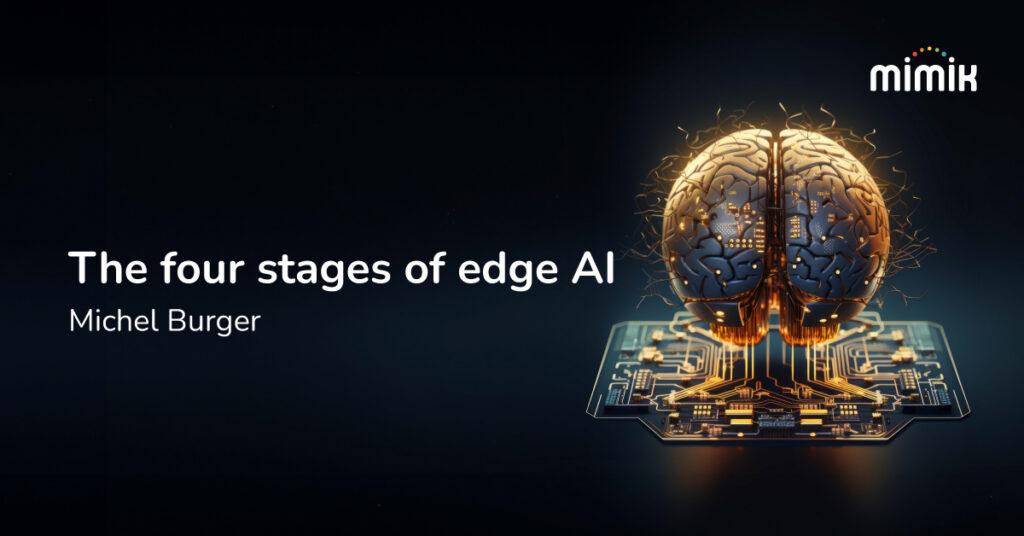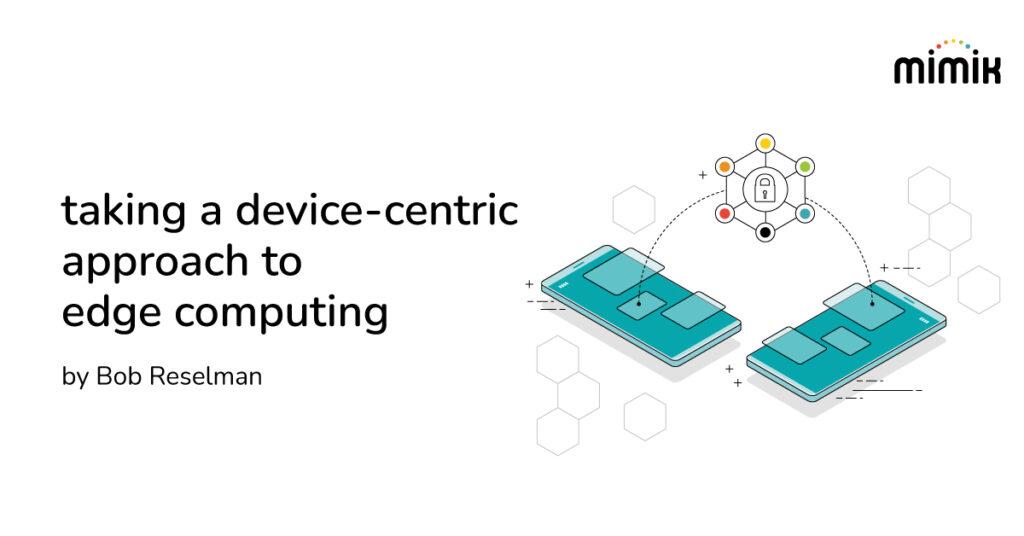Without net neutrality, a few large corporations can restructure how the Internet works and potentially slow down the pace of technological and social progress.
An open platform to access and share information for everyone, everywhere has been the fundamental role of the internet since its inception. Sadly, open internet has come under attack. The recent Federal Communications Commission ruling to repeal net neutrality protections means that communication networks in the US have become more open to abuse by large corporations. The internet was originally envisioned to be peer-to-peer with no dependency on any central entities. From now on, major telecommunications companies will have the power to decide what content runs over “their” networks. Telecom companies will be able to prioritize different types of internet traffic, block access, slow down or speed up services as they wish.
This new state of the internet proposed by the FCC is an attack against our modern social fabric. It is undeniable that open internet has improved the lives of billions of people all over the world. Revolutionary products and services have been possible thanks to equal treatment of all internet traffic. An open internet has enabled innovative start-up companies to create new products and services and pave the path for continued technological and social progress. Now, the FCC has decided to hamper progress and economic opportunity and hand the keys to our internet to a few dominant players. Without net neutrality, a few large corporations can restructure how the Internet works and potentially slow down the pace of technological and social progress.
Net Neutrality is Not the Only Problem
We must do all we can to restore net neutrality. It is the cornerstone of digital freedom as it will keep the pipes open to innovation and uninhibited development of new applications, content and services. Yet, there are other threatening trends that are putting internet at risk. Consolidation through mergers and acquisitions has given technology behemoths too much control and has taken away our control over our personal data and content. Google is dominating discovery of virtual and physical goods and services, and as a result, controlling many of our everyday decisions. Facebook is completely dominating the messaging and social media markets since acquiring WhatsApp and Instagram. Amazon is dominating the central cloud with little competition from a few large corporations.
The current situation leaves users with little choice: We usually post our data on third-party cloud services that manage how we access and share our data with others. We have no choice but to trust these services to take advantage of all the conveniences they offer. Unfortunately, these conveniences and often “free” apps come with serious potential social and economic costs. First and foremost, our public profiles and personal content can be analyzed by independent third parties in ways that compromise our privacy or harm us economically or socially. Also, our personal data is generally more valuable than what we receive in exchange as “free” apps.
The Way Toward a Decentralized Cloud
At mimik, we have been working hard to do our part to safeguard internet against monopolistic trends. We believe we need to decentralize cloud computing and communications to achieve digital freedom. The recent FCC decision simply reinforces our vision and encourages us to work even harder to achieve our goal.
We believe with cloud decentralization the role of digital middlemen can be turned upside down. A more open platform leveraging all our computing devices will help us gain better control over our digital lives. We should build a decentralized cloud architecture. Central cloud can have a role but should not be the necessary element for hosting of all applications. We need to evolve to a decentralized cloud fabric where the “need to trust” central entities is minimized.
Devices should be empowered to act as servers and connect directly at the application level without having to rely on central trust elements. They should be able to share resources with no fixed hierarchy in the communication flow. Decentralization of the cloud is a necessary step toward creating a scalable and more efficient cloud fabric and removing unnecessary trust elements to strengthen our digital freedom. The result is a decentralized Internet that is more open and more private and at the same time potentially faster and more efficient.


